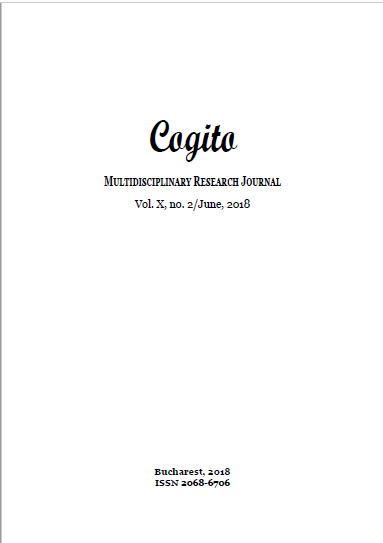HEIDEGGERIAN INTERPRETATION TO THE KANTIAN PERSPECTIVE ON THE KNOWLEDGE. THE ISSUE OF METAPHYSICS
HEIDEGGERIAN INTERPRETATION TO THE KANTIAN PERSPECTIVE ON THE KNOWLEDGE. THE ISSUE OF METAPHYSICS
Author(s): Alexandru Radu PetrescuSubject(s): Metaphysics, Epistemology, Philosophy of Science, Ontology
Published by: Editura Pro Universitaria
Keywords: metaphysics; founding; science; ontological knowledge; temporality; transcendental imagination;
Summary/Abstract: This article advances a few considerations on the Heideggerian ontological interpretation of Immanuel Kant’s Critique of Pure Reason. The famous philosopher initiated a constructive dialogue with Kant’s work because he needed to clarify and explain his own philosophical conception. From the very beginning in conflict with exclusively epistemological neo-Kantian approaches, Martin Heidegger declares his intention of understanding Kant’s Critique of Pure Reason as a “foundation for metaphysics” (understood as a “theory of categories, a doctrine of the being of beings”), as an attempt to develop a “fundamental ontology”. It is well known that the question for which Kant seeks a rigorous answer all along his fundamental work on knowledge is: How is metaphysics possible as a science? In this article / study, we focus on Heidegger’s interpretation of the phrase “founding metaphysics as a science”, a level at which one can identify the meaning of the phrases: modern science, classical metaphysics, and “metaphysics of Dasein”.
Journal: Cogito - Multidisciplinary research Journal
- Issue Year: 2018
- Issue No: 2
- Page Range: 7-18
- Page Count: 12
- Language: English

